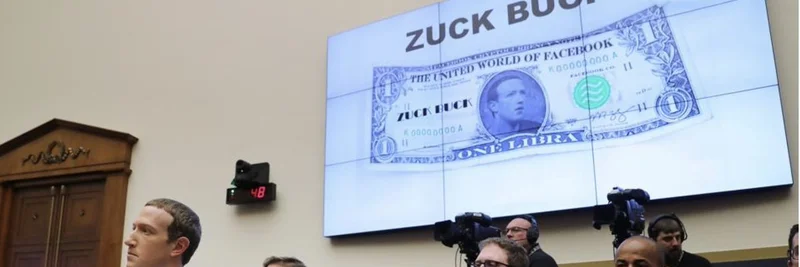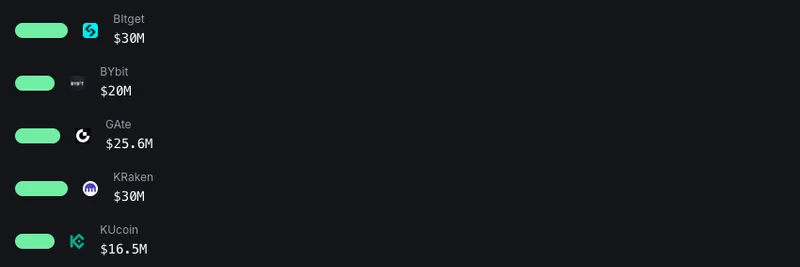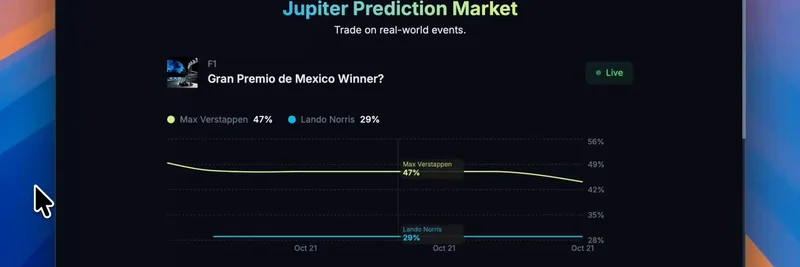Recently, Christian Catalini, a key figure in the crypto space as co-founder of Lightspark and former co-creator of Meta's Diem (formerly Libra) project, dropped a fascinating thread on X. He dives deep into Stripe's announcement of Tempo, their new blockchain designed for high-speed payments. Catalini draws striking parallels to Libra's rocky history, questioning whether Stripe can avoid the same pitfalls. As a site dedicated to meme tokens, we're particularly interested in how this corporate approach to blockchain might impact the wild, permissionless world where meme coins thrive. Let's unpack the thread and explore its implications.
Unpacking Stripe's Tempo Announcement
Stripe, the fintech powerhouse, just unveiled Tempo—a blockchain optimized for payments, boasting features like fiat-denominated fees and high transaction throughput. As Catalini notes, it's backed by an impressive lineup of partners, including big names like Visa, which ironically could be disrupted by this tech. The pitch? Neutrality and efficiency in global payments.
But Catalini can't shake the déjà vu. He recalls Libra's ambitious start: a stablecoin project aimed at revolutionizing money transfers. Despite top-tier talent and tech, Libra crashed and burned due to regulatory backlash and political pressures. Catalini humorously admits they were "comically, spectacularly wrong," underestimating the weight of financial regulations and giving incumbents plenty of time to rally against them.
The Real Reason Libra Failed
Contrary to popular belief, Catalini argues Libra wasn't doomed by poor regulation handling. In fact, they were on the cusp of approval, with heavyweights like Stuart Levey (ex-US Treasury) leading the charge and even Swiss regulators FINMA poised to sign off. Weekly chats with central banks and a framework that influenced later laws like the GENIUS Act showed they were playing by the rules.
The killer blow? Politics. As shared by David Marcus in a quoted post, Treasury Secretary Janet Yellen reportedly deemed it "political suicide," leading the Fed to intimidate partner banks into backing out. No legal grounds left—just raw power plays.
Corporate Chains vs. Permissionless Networks
This brings us to the heart of Catalini's thread: the clash between corporate blockchains like Tempo and truly open, permissionless ones. Big banks, after failing at private chains, are warming up to permissionless tech. Meanwhile, Stripe and others like Circle (with Arc) are pushing branded, controlled networks.
The issue? Incentives. Once a company controls the network, favoritism creeps in. Catalini references Chris Dixon's view that crypto breaks this cycle by being inherently open. He stresses that permissionlessness is crypto's killer feature—anyone can build without gatekeepers.
From his Libra experience, Catalini shares internal battles over making the network open. Regulators demanded "clear perimeters" for compliance, killing self-custody wallets. This led to compromises that diluted the vision.
What This Means for Meme Tokens
Now, let's connect this to meme tokens, the fun, viral side of crypto that powers communities and quick innovations. Meme coins like Dogecoin or newer ones on Solana thrive because of permissionless chains. Anyone can launch a token, pump it with memes, and let the market decide—no corporate approval needed.
If corporate chains like Tempo gain traction, they might prioritize stable, regulated payments over the chaotic creativity of memes. These networks could impose rules that stifle meme token launches or trading, favoring big players instead. As Catalini warns, we'd swap old financial monarchs (like card networks) for new fintech ones, potentially fragmenting the global crypto scene along geopolitical lines.
On the flip side, if Tempo succeeds where Libra failed, it could validate a more pragmatic path. But for meme enthusiasts, this might mean less freedom. Permissionless networks ensure memes stay decentralized, resistant to censorship, and truly community-driven. Think about it: without open access, would we have seen the explosive growth of meme tokens during bull runs?
Looking Ahead: A Referendum on Crypto's Soul
Catalini ends by calling Tempo a "referendum on the ghost of Libra." If it's just bad timing that sank Libra, Stripe might win big. But if the core issue is the tension between corporate control and true decentralization, then permissionless wins out.
For blockchain practitioners and meme token fans, this thread is a reminder to champion open networks. They foster innovation, including the quirky world of memes that often lead to real tech advancements. As Catalini puts it, crypto's purpose is to break the cycle of broken promises.
Check out the full thread for more details: Christian Catalini's X thread. What do you think—will corporate blockchains like Tempo boost or hinder meme tokens? Share your thoughts in the comments!




